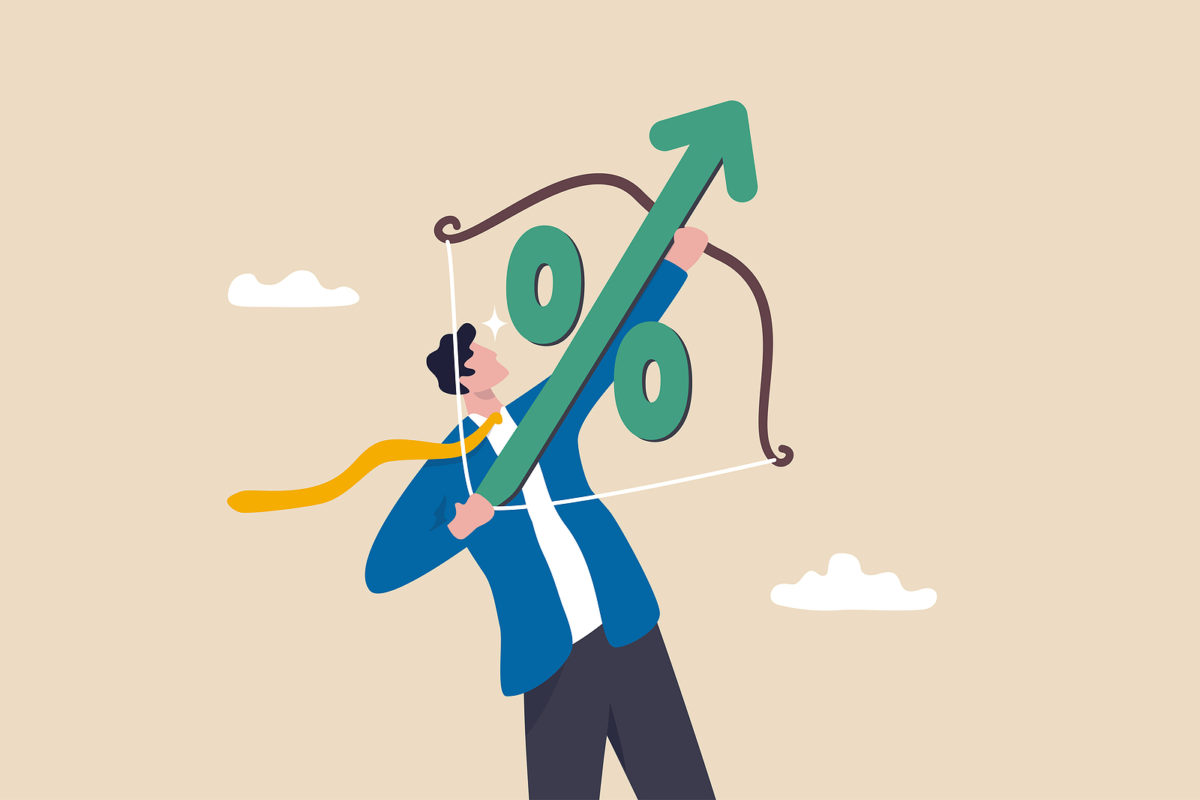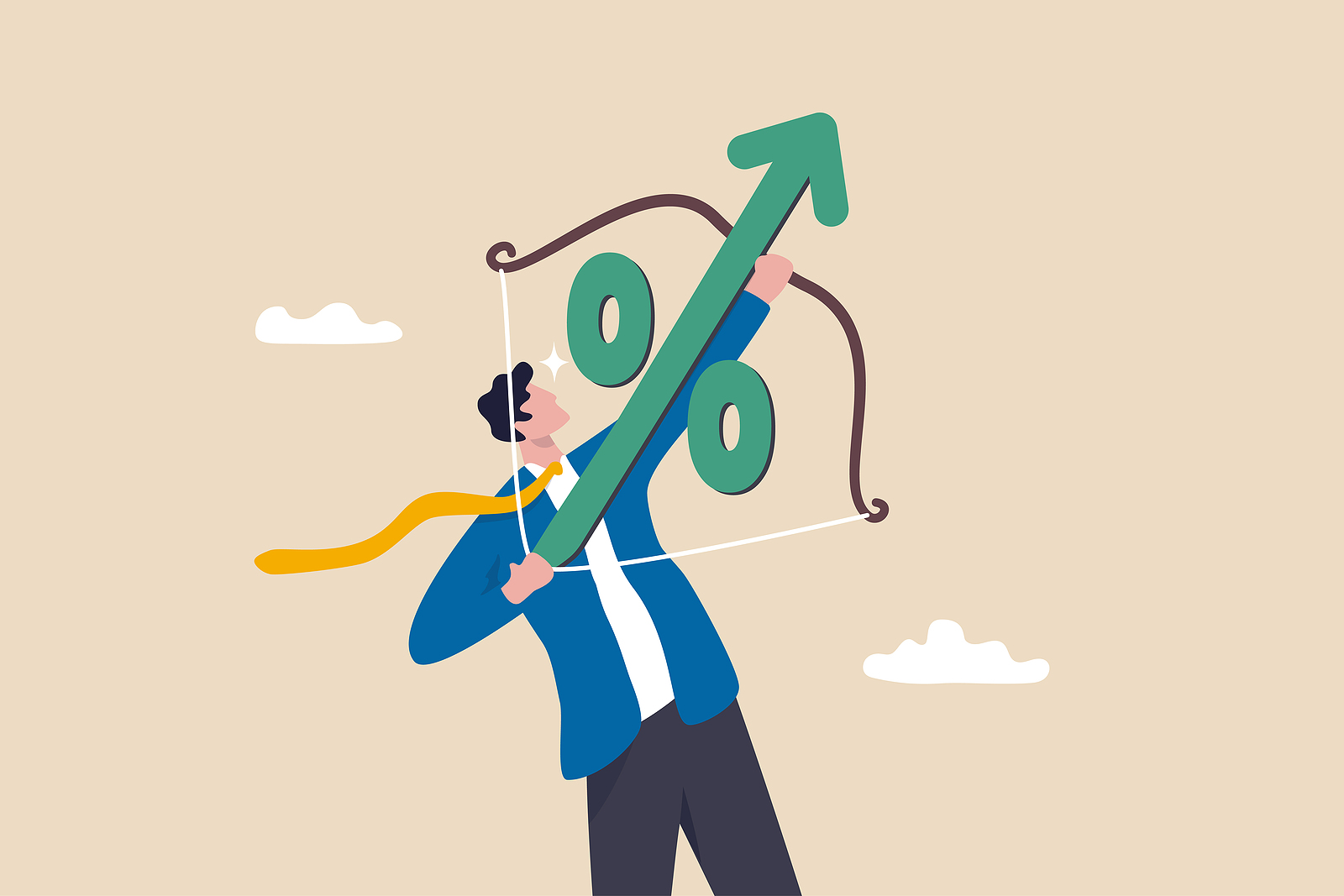It’s May and the Fed recently held their latest pow-wow. When they met in March, they raised “… the federal funds interest rate by 25 basis points,” Rick Dennen, president and CEO of Oak Street Funding, told InsideIndianaBusiness.com.
This month, they raised it 50 basis points, “… the biggest rate increase in more than two decades,” according to Taylor Tepper at forbes.com.
The media loves to tell us how the hike in interest rates impacts the homebuyer, but we hear little about the plight of sellers. Let’s take a look at what happens to this population when interest rates rise.
Mortgages get more expensive
With each tick up in mortgage rates, loans become more expensive for homebuyers. For those on tight budgets, that additional expense may just be what pushes them out of the housing market.
Ryan Boykin at investopedia.com crunches the numbers for a hypothetical homebuyer to illustrate how rising interest rates impact homebuyers.
“… if Johnny Home Buyer wants a 4% rate on a 30-year fixed mortgage on a home worth $400,000, his monthly mortgage payment would be $1,900,” calculates Boykin.
“But if Johnny only qualified for a 5% rate on a 30-year fixed mortgage, his monthly payment would rise to $2,138.”
For each 1% rate increase, Johnny’s payment increases by “… $238, or roughly 13% … A 1% increase in mortgage interest decreases Johnny’s purchasing power by $45,000.” Boykin concludes.
That $45,000 (or more) loss in buying power particularly impacts homebuyers on tight budgets. Naturally, demand for homes is diminished when a large portion of the homebuying pool disappears.
More expensive loans, combined with inflation fears and stock market volatility are contributing to what many experts believe is a slight cooling of the housing market.
As interest rates rise and homebuyers leave the market, sellers will find their home values dipping and homes will sit on the market longer than they have in the past few years.
It’s not all doom and gloom for home sellers
On average, if you put your home on the market now, you are likely to get 47% more for it than you would have if you sold it last year, according to Clare Trapasso at realtor.com.
In fact, the median home price is up nearly 15% from this time last year and now sits at a nation-wide average of $391,200.
So, although the volume of homes sold dropped in April, home prices continue to climb.
For how long?
Now we circle back to how increasing mortgage rates impact home sellers. Most housing market experts predict that the market will change slowly, with price reductions of homes for sale gradually becoming more common.
In fact, the number crunchers at one of the big real estate conglomerates recently said that 12% of homes for sale in the U.S. experienced price drops during late March into early April.
Uncertainty is the watchword right now in the housing market. There is a big “if” in the expectation that the housing market change will be gradual.
“If the economy grows fast enough, rising mortgage rates will not have as great an effect on property value and housing prices, as long as salaries and wages correspondingly grow as well,” Boykin claims.
The economy, as you know if you follow the news, isn’t growing and talk of a looming recession is becoming more common.
“Eventually mortgage rates will slow down home prices …” economist Ken H. Johnson tells bankrate.com.
If you want to, or must, sell your home and you want the most money you can get for it, the time to sell is right now.

